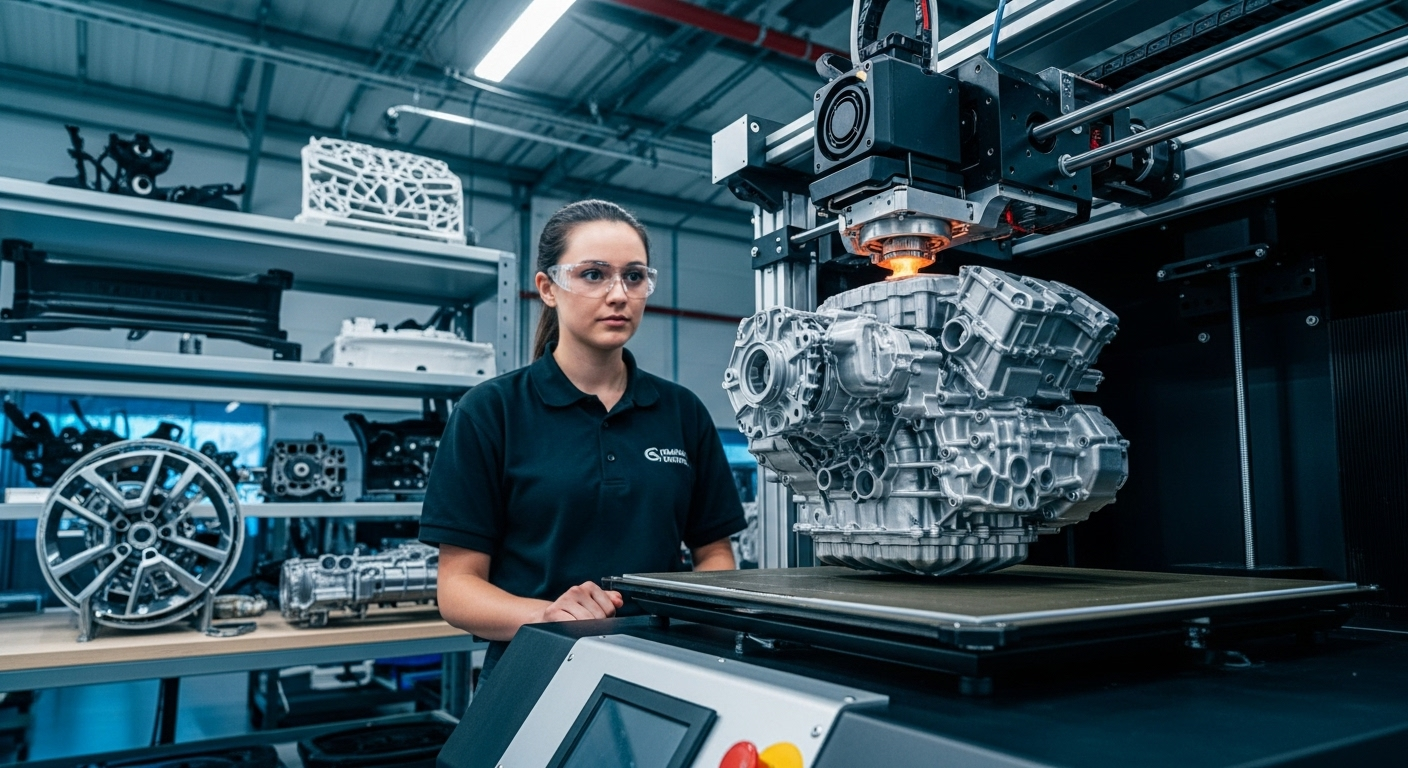Quantum-Inspired Optimization for Industrial Workflows
Revolutionizing production processes through quantum-inspired algorithms is reshaping industrial operations. This innovative approach, blending quantum computing principles with classical systems, offers unprecedented solutions to complex optimization challenges. As industries grapple with increasing complexity, quantum-inspired methods emerge as a game-changing tool for enhancing efficiency and decision-making.

The Quantum Advantage in Industrial Settings
Quantum-inspired algorithms leverage the principles of superposition and entanglement from quantum mechanics, applying them to classical computing systems. This approach allows for the exploration of multiple solution pathways simultaneously, leading to faster and more efficient problem-solving in complex industrial scenarios. Unlike full-scale quantum computers, which are still in development, quantum-inspired systems can be implemented using existing hardware, making them immediately accessible to businesses.
Historical Context and Key Developments
The concept of quantum-inspired optimization has its roots in the early 2000s when researchers began exploring ways to apply quantum principles to classical computing. Initially, these efforts focused on theoretical models and simulations. However, as the potential for practical applications became apparent, tech giants and startups alike began investing in the development of quantum-inspired solutions for industrial use.
Key milestones include the introduction of quantum-inspired annealing algorithms for optimization problems and the development of tensor network methods for machine learning tasks. These advancements have paved the way for real-world applications in manufacturing, logistics, and financial modeling.
Current Industrial Applications
Quantum-inspired optimization is finding diverse applications across various industrial sectors. In manufacturing, these techniques are being used to optimize production schedules, reducing idle time and maximizing resource utilization. Automotive companies are leveraging quantum-inspired algorithms to enhance their supply chain management, leading to significant cost savings and improved delivery times.
In the energy sector, quantum-inspired methods are being applied to grid optimization problems, helping to balance supply and demand more efficiently. This has resulted in reduced energy waste and improved grid stability. Chemical and pharmaceutical industries are also benefiting from these techniques in molecular modeling and drug discovery processes, accelerating research and development timelines.
Challenges and Limitations
While quantum-inspired optimization offers significant advantages, it is not without challenges. One of the primary hurdles is the complexity of implementation, which often requires specialized expertise and training. Additionally, not all problems are equally suited to quantum-inspired approaches, and careful analysis is needed to determine where these methods can provide the most value.
There’s also the challenge of integrating quantum-inspired solutions with existing industrial systems and workflows. This integration process can be time-consuming and may require significant investment in infrastructure and training.
Future Prospects and Industry Impact
As quantum-inspired optimization techniques continue to evolve, their impact on industrial operations is expected to grow exponentially. Research indicates that these methods could lead to efficiency improvements of up to 30% in certain industrial processes. This translates to substantial cost savings and competitive advantages for early adopters.
The future may see the development of hybrid systems that combine quantum-inspired algorithms with machine learning and artificial intelligence, creating even more powerful tools for industrial optimization. As these technologies mature, they have the potential to reshape entire industries, driving innovation and sustainability across the global industrial landscape.
Implementing Quantum-Inspired Solutions: Key Considerations
• Start with a thorough assessment of your current optimization challenges to identify areas where quantum-inspired methods can add the most value.
• Invest in training and upskilling your workforce to effectively implement and manage quantum-inspired solutions.
• Consider partnering with specialized tech firms or academic institutions to access cutting-edge quantum-inspired technologies and expertise.
• Begin with small-scale pilot projects to test the effectiveness of quantum-inspired optimization in your specific industrial context.
• Regularly benchmark the performance of quantum-inspired solutions against traditional methods to quantify improvements and justify further investment.
The integration of quantum-inspired optimization into industrial workflows represents a significant leap forward in operational efficiency and problem-solving capabilities. As industries continue to grapple with increasingly complex challenges, these innovative techniques offer a powerful tool for maintaining competitiveness and driving growth. By embracing quantum-inspired methods, forward-thinking businesses can position themselves at the forefront of the next industrial revolution, ready to tackle the challenges of tomorrow with unprecedented agility and insight.





